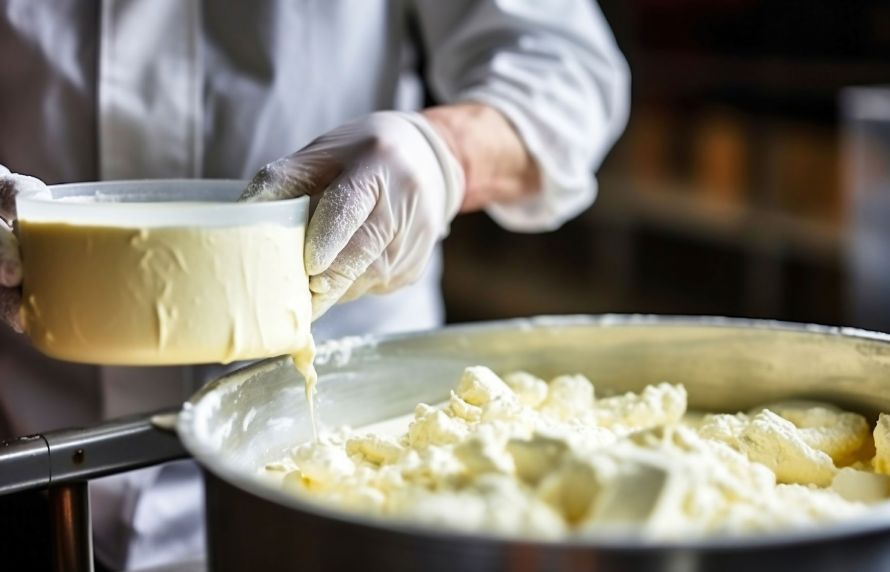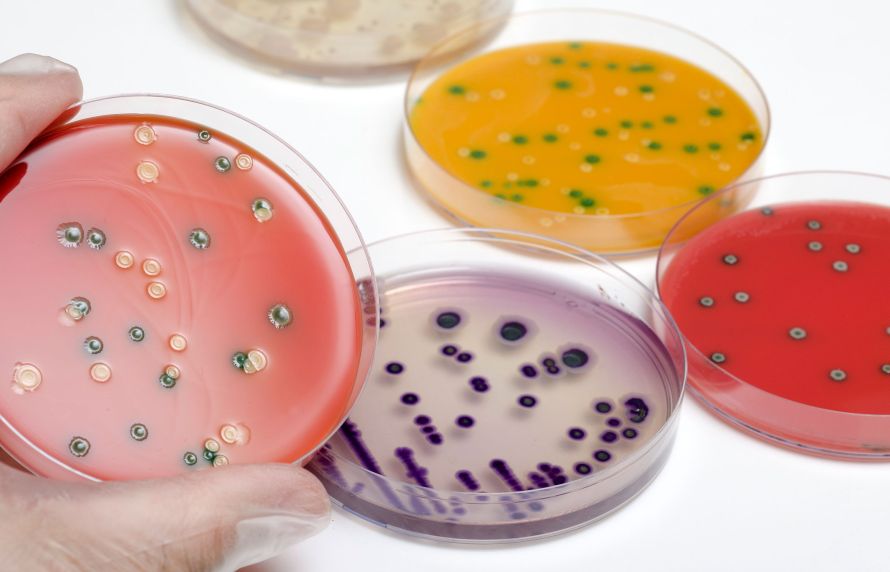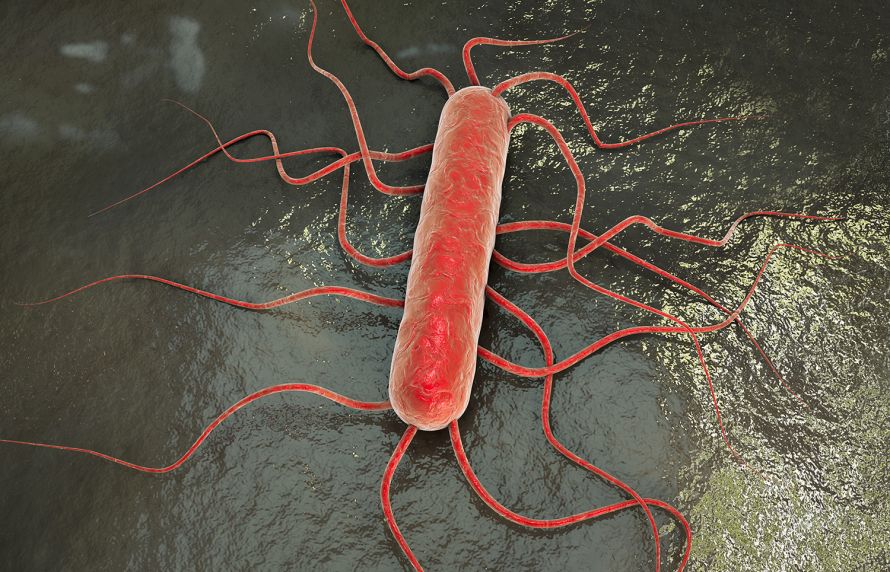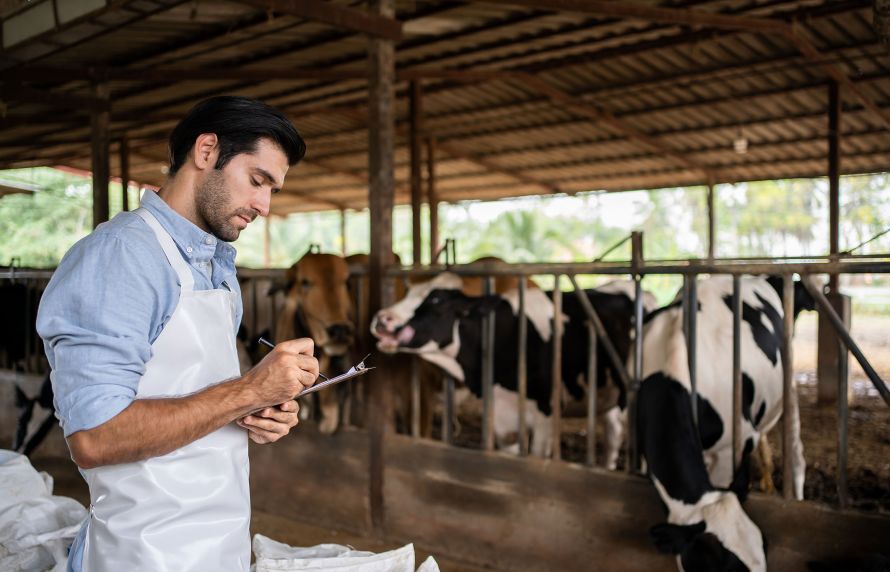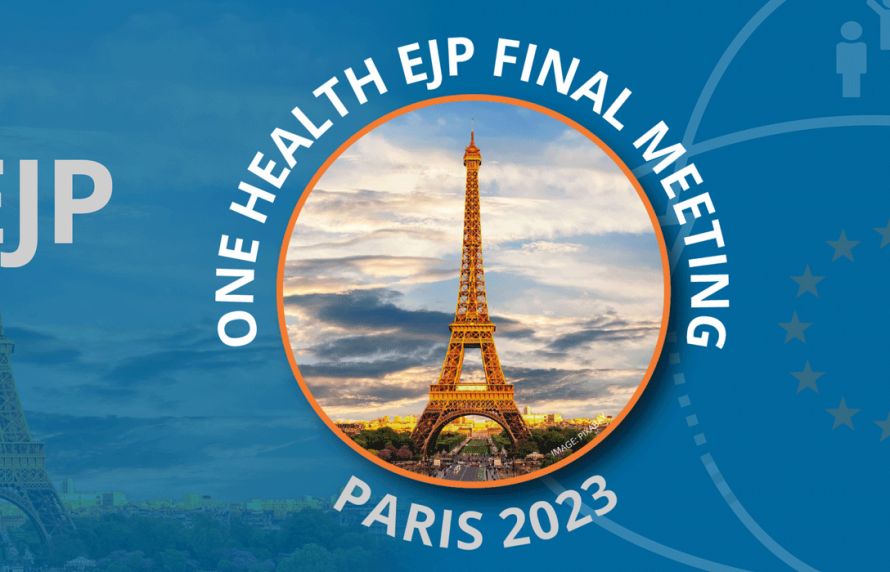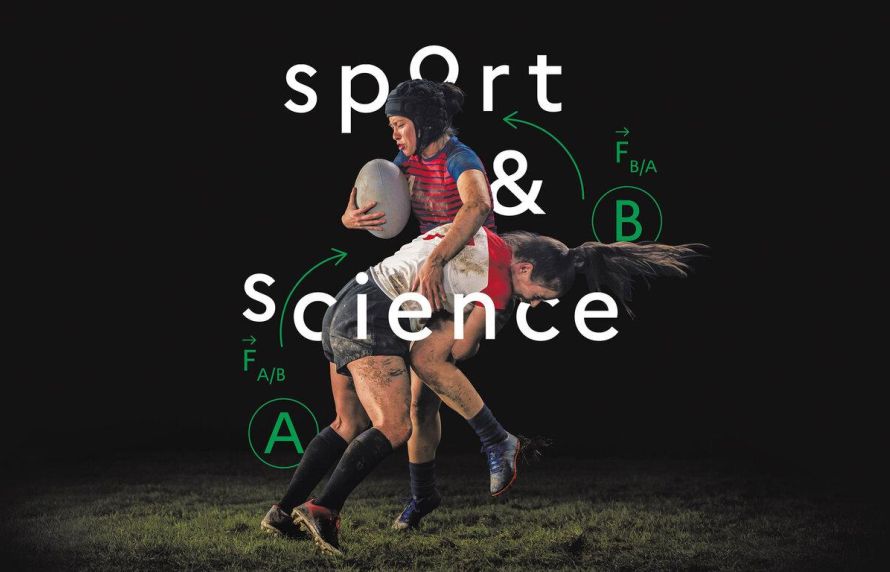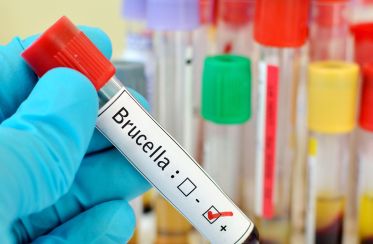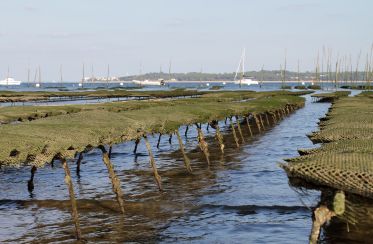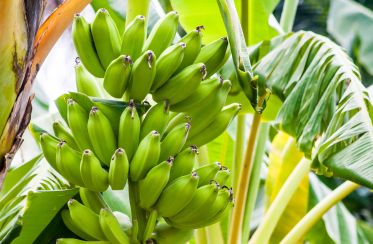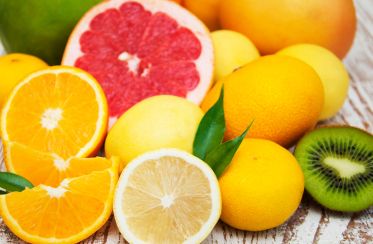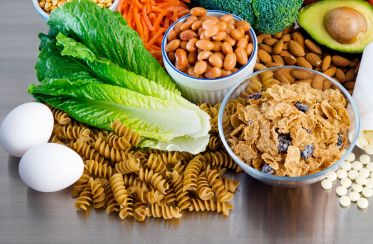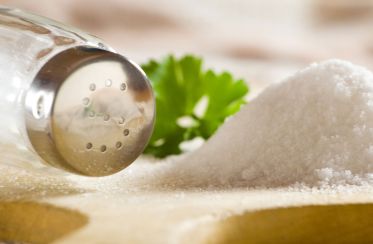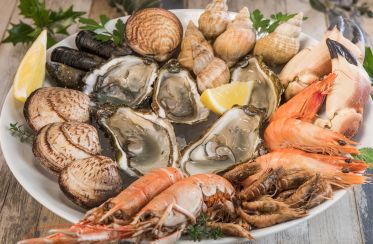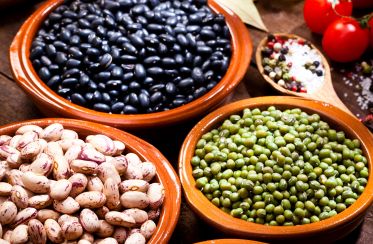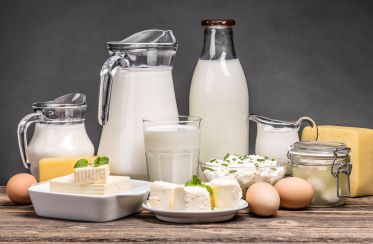
Page thématique
Food and nutrition
Food is central to our daily lives. When it is safe and nutritious, it is a powerful ally for our health. However, an imbalanced diet or contaminated food can expose us to immediate risks or chronic diseases. ANSES provides scientific expertise at all stages of the food chain, from the production of foods of animal or plant origin through to the consumer's plate. It assesses the risks associated with the contamination of food by pathogens and toxic substances. It also assesses nutritional quality, and the risks of physical inactivity and sedentary behaviour.
News
Decryption
Publications
Assessment of the biological risks in foods
Date de mise en ligne
08/03/2024
Numéro de saisine
2021-SA-0019
Date de mise en ligne
19/03/2024
Numéro de saisine
2018-SA-0065
Health and environmental risk assessment of genetically modified plants
Date de mise en ligne
24/01/2024
Numéro de saisine
2023-AUTO-0189
Water
Date de mise en ligne
01/08/2023
Numéro de saisine
2022-AST-0185
Health and environmental risk assessment of genetically modified plants
Date de mise en ligne
17/04/2023
Numéro de saisine
2022-SA-0101
Assessment of the biological risks in foods
Date de mise en ligne
08/03/2024
Numéro de saisine
2021-SA-0019
Date de mise en ligne
19/03/2024
Numéro de saisine
2018-SA-0065
Health and environmental risk assessment of genetically modified plants
Date de mise en ligne
24/01/2024
Numéro de saisine
2023-AUTO-0189
Water
Date de mise en ligne
01/08/2023
Numéro de saisine
2022-AST-0185
Health and environmental risk assessment of genetically modified plants
Date de mise en ligne
17/04/2023
Numéro de saisine
2022-SA-0101
Human nutrition
Date de mise en ligne
02/11/2022
Numéro de saisine
2022-AST-0099
Assessment of the physical and chemical risks in foods
Date de mise en ligne
11/08/2022
Numéro de saisine
2020-SA-0106
Assessment of the biological risks in foods
Date de mise en ligne
21/11/2022
Numéro de saisine
2022-SA-0110
Assessment of the physical and chemical risks in foods
Date de mise en ligne
24/01/2022
Numéro de saisine
2020-SA-0020
Assessment of the physical and chemical risks in foods
Date de mise en ligne
24/01/2022
Numéro de saisine
2020-SA-0083
Assessment of the physical and chemical risks in foods
Date de mise en ligne
09/12/2021
Numéro de saisine
2016-SA-0226
Water
Date de mise en ligne
03/03/2022
Numéro de saisine
2018-SA-0001
Human nutrition
Date de mise en ligne
09/08/2021
Numéro de saisine
2018-SA-0180
Health reference values
Date de mise en ligne
06/05/2021
Numéro de saisine
2019-SA-0116
Human nutrition
Date de mise en ligne
09/07/2021
Numéro de saisine
2018-SA-0238
Assessment of the physical and chemical risks in foods
Date de mise en ligne
27/07/2020
Numéro de saisine
2017-SA-0070
Human nutrition
Date de mise en ligne
01/10/2020
Numéro de saisine
2019-SA-0212
Assessment of the physical and chemical risks in foods
Date de mise en ligne
10/06/2021
Numéro de saisine
2015-SA-0207
Human nutrition
Date de mise en ligne
27/04/2020
Numéro de saisine
2019-SA-0136
Human nutrition
Date de mise en ligne
23/03/2020
Numéro de saisine
2017-SA-0141




